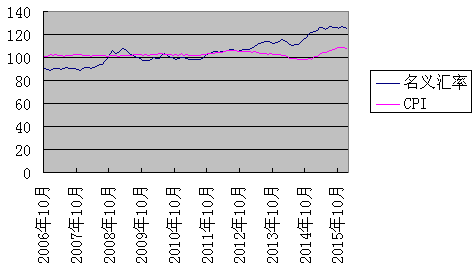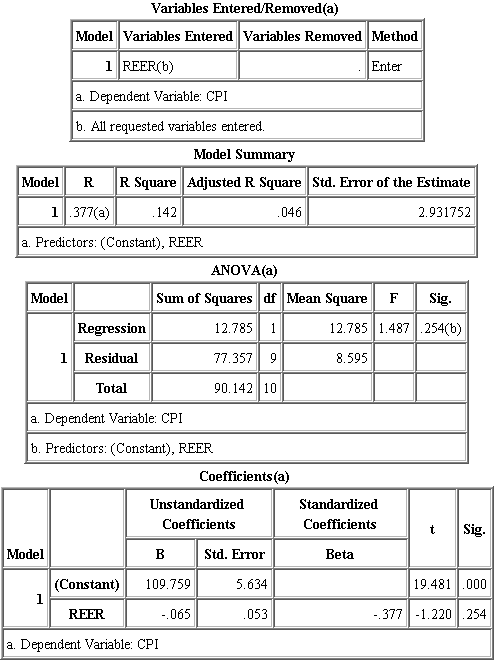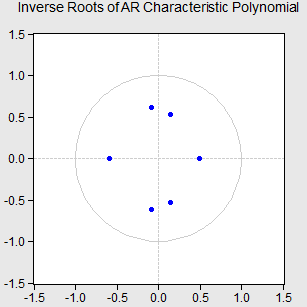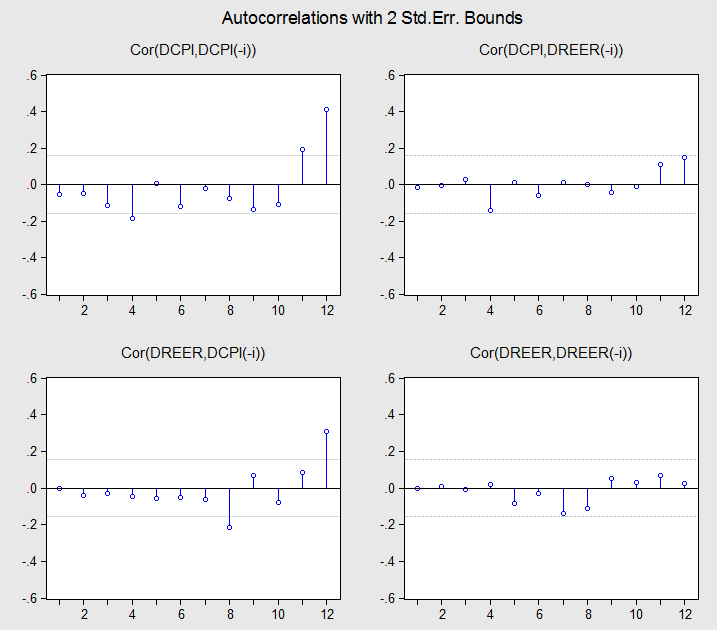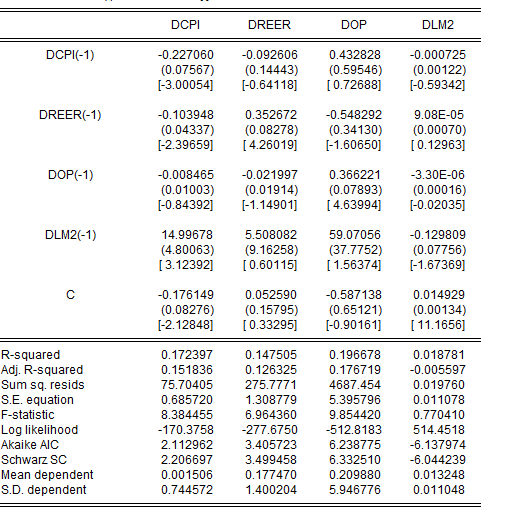人民币汇率变动对国内物价的影响毕业论文
2021-02-24 10:33:36
摘 要
在布雷顿森林体系崩溃后,经济学家开始关注国际金融市场的资本流动和汇率的波动,并以国内价格及本国货币对外国货币汇率作为主要研究对象。21世纪,各国之间的贸易和货币来往频繁,汇率成为主要的经济指标之一。2000年,中国加入世贸组织,外贸总额屡创新高,汇率作为国家之间货币的比率,其波动将对人民生活和经济的顺利健康运行产生重大影响,这种变化不仅影响到企业的国际投资决策和管理,也决定着国内外金融机构的经营战略。21世纪初,由于信息和通信技术、信用和符号经济、世界经济、金融一体化、人民币汇率市场化的逐步演进,合理的汇率政策在经济稳定中的作用也越来越重要,成为了我国宏观经济形势的重要经济风向标。汇率可能影响货币的价格和国家产品的进出口,这也使得世界各国经常把汇率政策作为一种调节国内经常性账户、资本账户和官方储蓄账户,三大账户平衡的手段。
因此,本文研究了2001~2016年人民币汇率和国内价格变动的详细情况,研究了两者的关系,希望正确分析汇率波动对我国经济,尤其对于价格水平的影响。
关键词:人民币汇率;物价水平;一元回归; 多元回归
Abstract
After the collapse of the Bretton woods system, economists began to pay attention to capital flows in international financial markets and the volatility of exchange rates, and they study the way in which foreign exchange rates affect domestic prices as the main subject. In the 21st century, the trade and exchange rate between countries is frequent, exchange rate has become one of the crucial economic indicators. From 2000, since China has joined the WTO, the record of total foreign trade is being high, the exchange rate as the ratio of two currencies between countries, its volatility will have a profound impact on the people's life, as well as the steady and healthy development of the economy, since it will not only affect the international investment strategies and management of enterprises, but also the business operation strategy of domestic and foreign financial institutions. In the early 21st century, becuase of the rapid development of information technology, credit economy and symbol economy, the world economy, financial integration and the gradual process of Chinese currency’s exchange rate being marketization, an appropriate exchange rate policy starts to play a more and more important role in stabilizing the national economic, it also become an important economic indicator of country’s macroeconomic situation. The exchange rate can affect the price of the domestic currency and then affect the amount of import and export of a country, so in the worldwide, many countries often use exchange rate policy as a tool to let the current account, capital account and official reserve account stay stabilized.
Therefore, this paper studies the data of the changes of the RMB exchange rate and domestic prices from 2001 to 2016, as well as the relationship between the two, hoping to correctly analyze the impact of exchange rate volatility on the economy, especially for the domestic price level.
Keywords: Exchange rate; Price level; Simple regression; Multiple regression
目 录
摘 要 III
Abstract IV
第1章 绪论 1
1.1研究背景及意义 1
1.2 国内外研究现状 2
1.3 本文研究内容及方法 4
第2章 近年人民币汇率及物价情况 5
2.1 自2005年人民币汇率制度改革的背景 5
2.2汇率制度改革后的总体影响和人民币变动趋势 5
2.3近年的人民币汇率基本状况及变化趋势 6
2.4国内物价的基本状况及变化趋势 8
第3章 汇率变动对国内物价变动的相关性分析 10
3.1一元线性回归模型 10
3.2 回归模型的检验 10
3.2.1 变量的描述性统计分析 10
3.2.2显著性检验(t检验与F检验) 12
3.3回归模型预测与修正的必要性 13
第4章 引入其他变量的回归分析 14
4.1多变量数据描述及模型描述 14
4.3计量分析 15
4.3.1双变量VAR模型 16
4.3.2多变量VAR模型 21
第5章 结论和政策建议 24
5.1结论 24
5.2政策建议 24
5.2.1继续加强汇率制度的改革 24
5.2.2完善外汇市场 25
5.2.3管理央行货币量发行 25
致谢词 26
参考文献 27
绪论
1.1研究背景及意义
自改革开放以来,中国经济快速发展,从原先资本流通具有一定限制的状况逐渐转变为了以进出口贸易、消费、投资作为拉动经济发展的“三驾马车”的增长模式。近年来,中国依据自身所具有的劳动力资源优势使得国家凭借着较为廉价的劳动力逐渐取代美国,成为世界上最大的制造业国家,也使得进出口贸易成为了我国经济增长的重要形式之一,并且所占比重也不断上升。其中由于相对较低的生产成本,使得中国的出口商品在国际上具有一定的价格优势,进而导致了出口贸易不断发展,贸易数额也在逐年上升,最终导致了三大账户中的经常性账户呈现出盈余的状况。自2008年经济危机后,我国出口贸易开始呈现萎缩态势,出口总额下降,但自2012年起有所好转。从2015年的政府报告中分析得出,中国出口商品结构在不断优化。
在这种经常性账户呈现出盈余,即出口大于进口的情况下,使得国际上其他国家对于人民币的需求增加,从而给予人民币一个上行的压力,易导致人民币汇率整体上呈现出升值的趋势。但从国内物价水平的角度进行分析,截至2007年,许多国内商品价格继续攀升,尤其在2010年,消费者物价指数达到了一个历史较高的水平。自2010年起,中央银行六次上调贷款基准利率,使存款基准利率达到18.5%。除此之外,从2011年初开始,中央银行每月上调存贷款准备金率,希望能借此有效遏制流动性过剩和高资产价格的现状,阻止国内大宗商品价格飙升。
相关图片展示:
